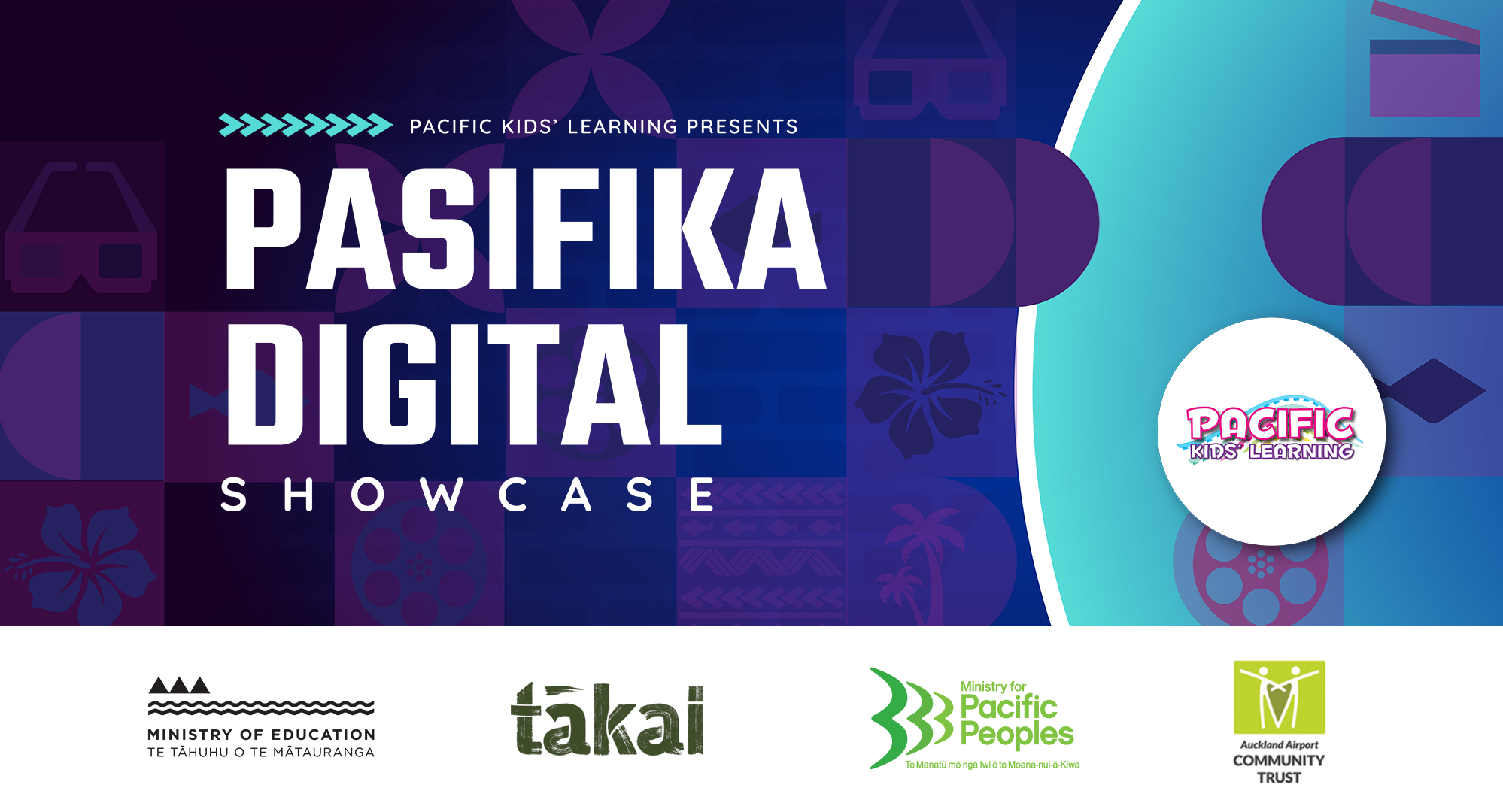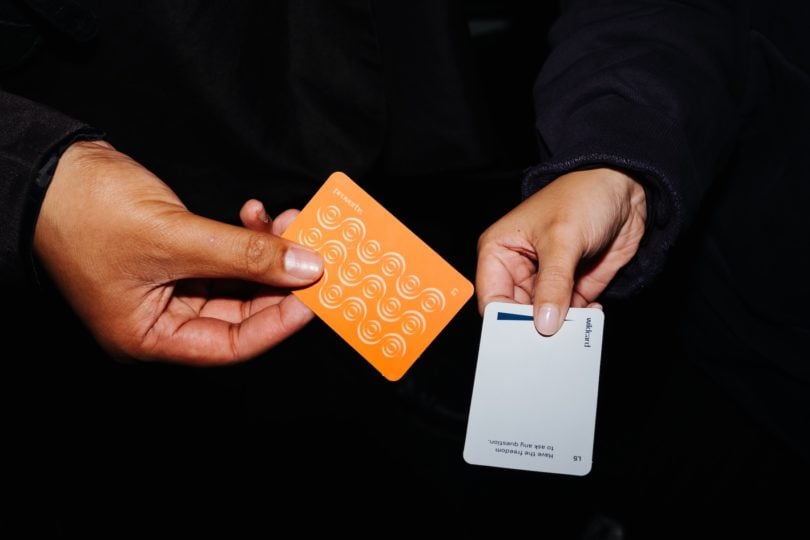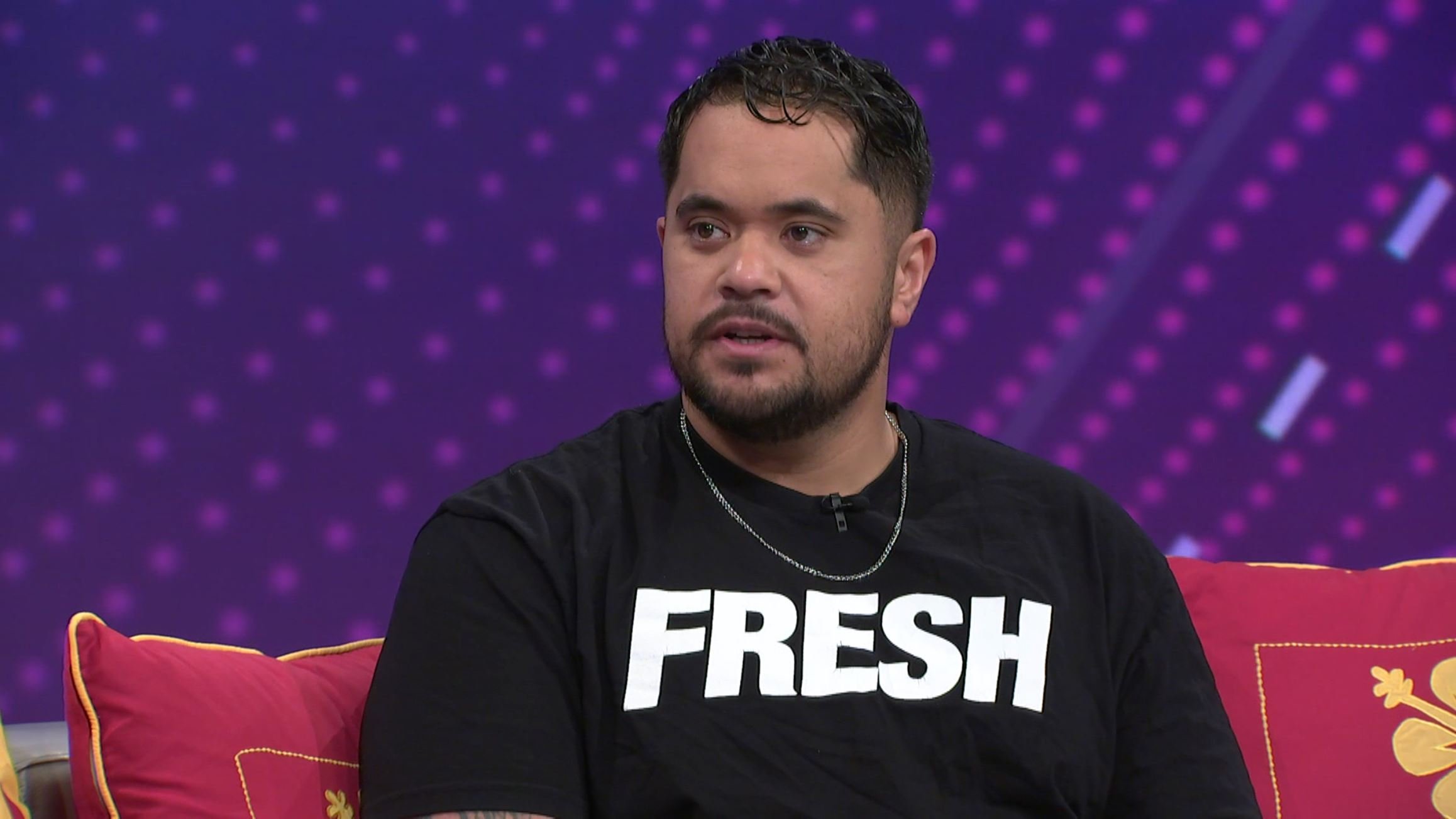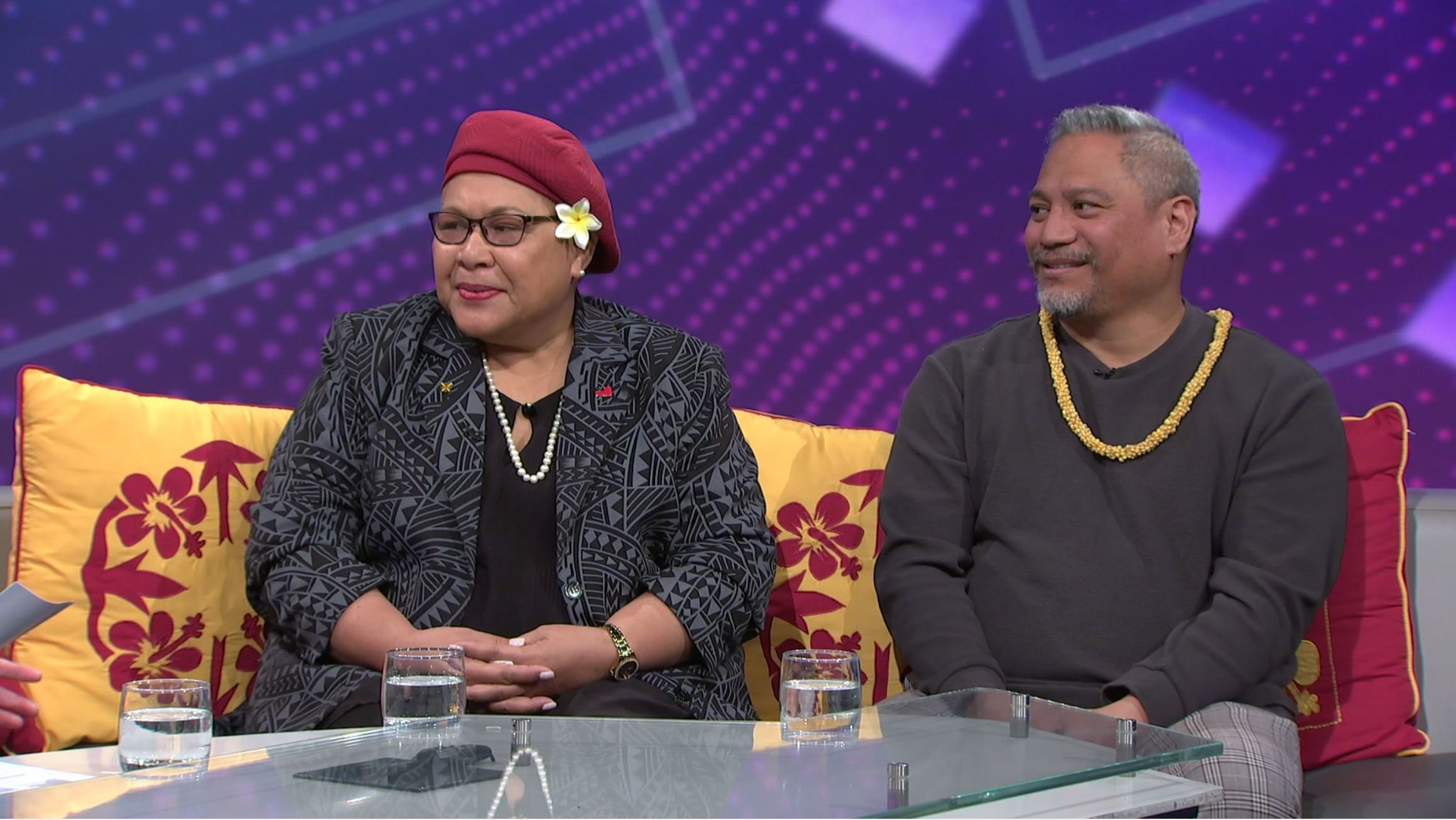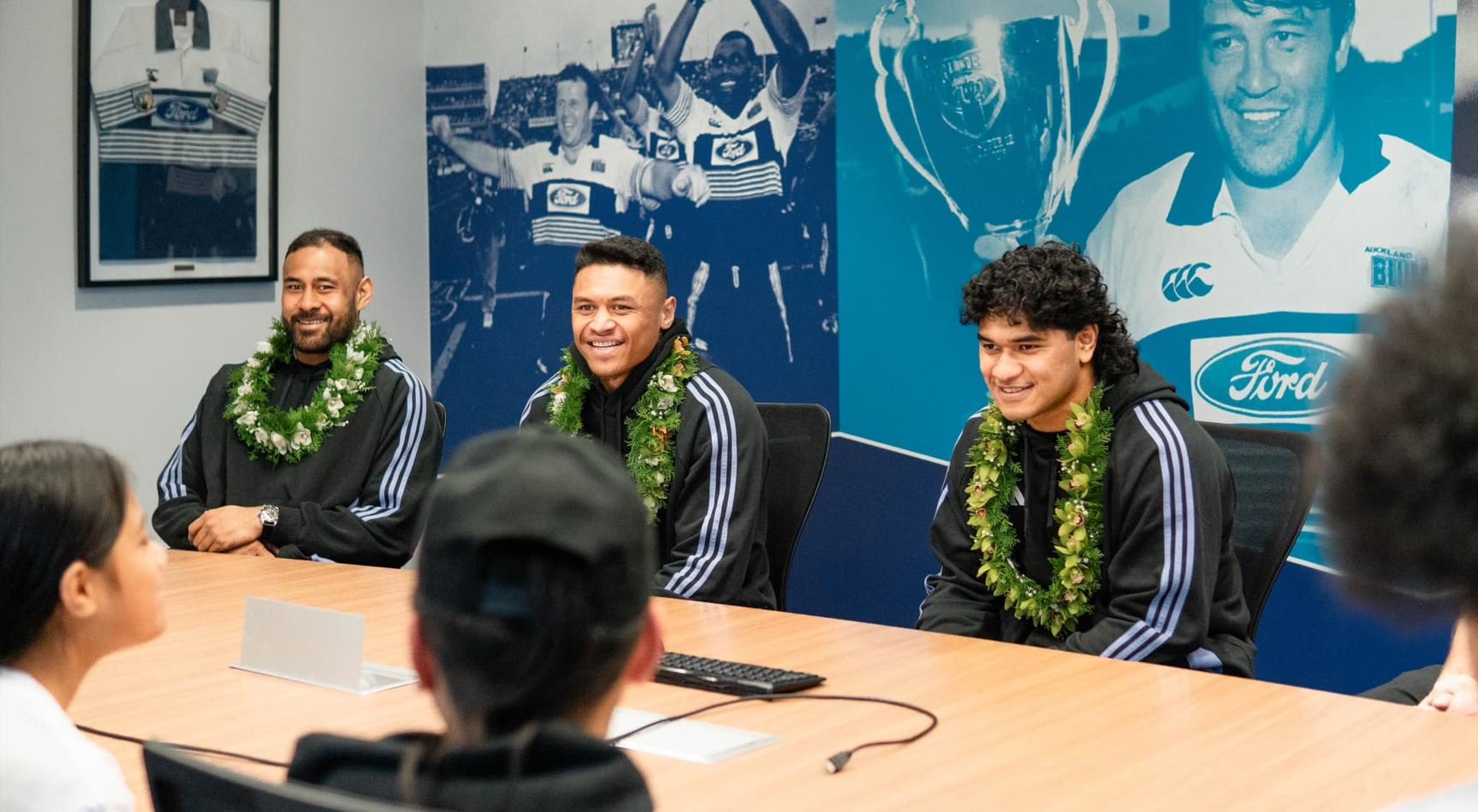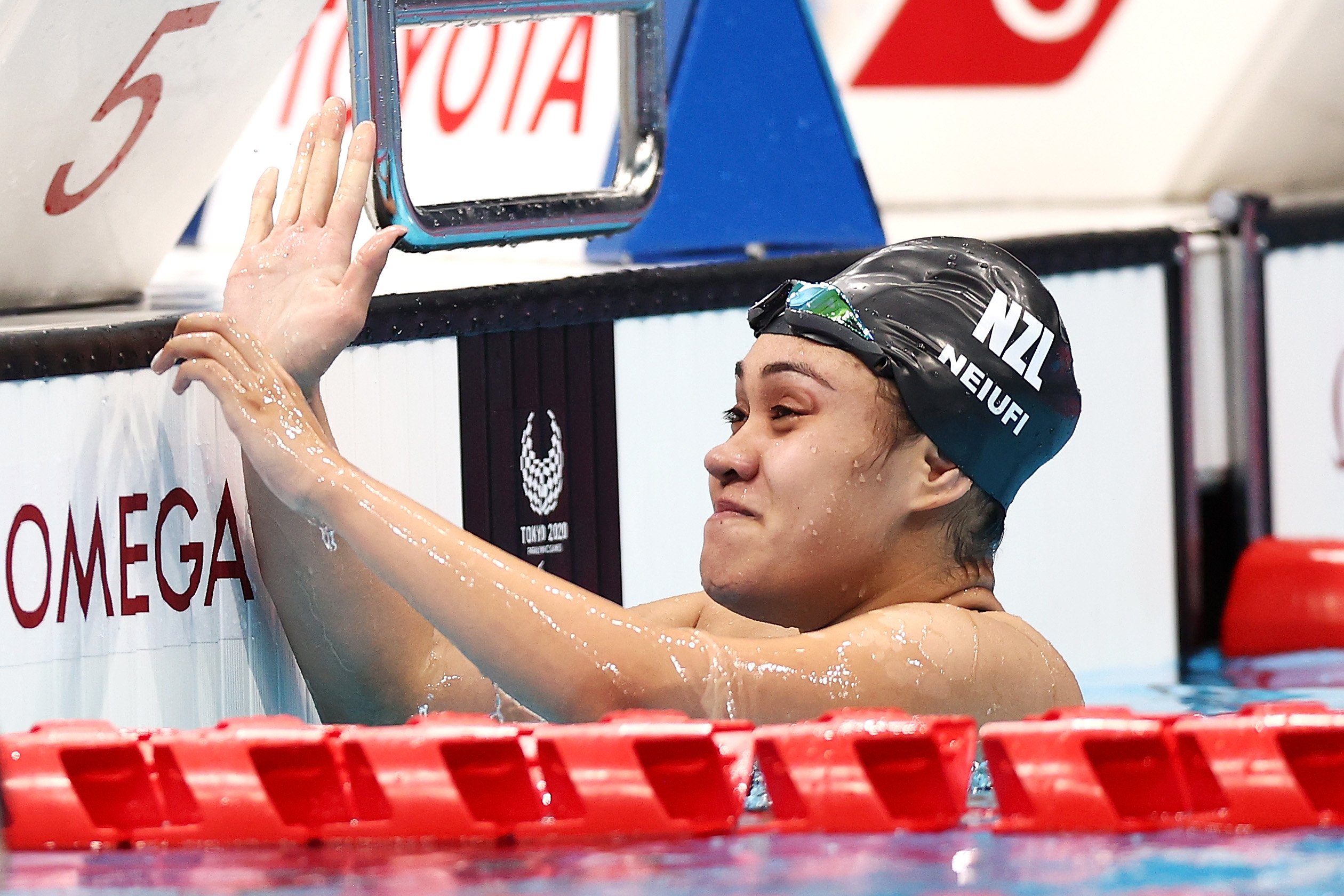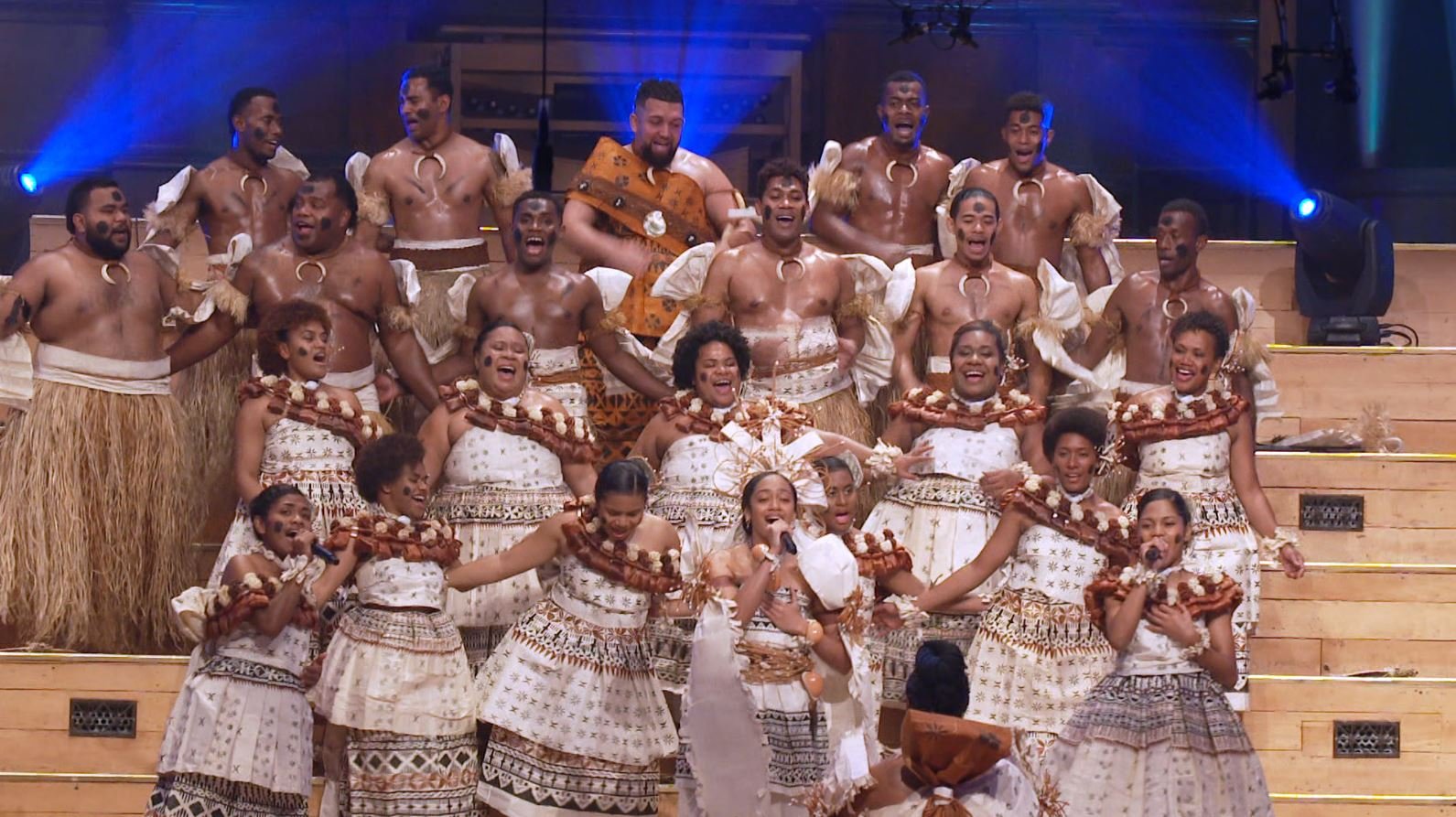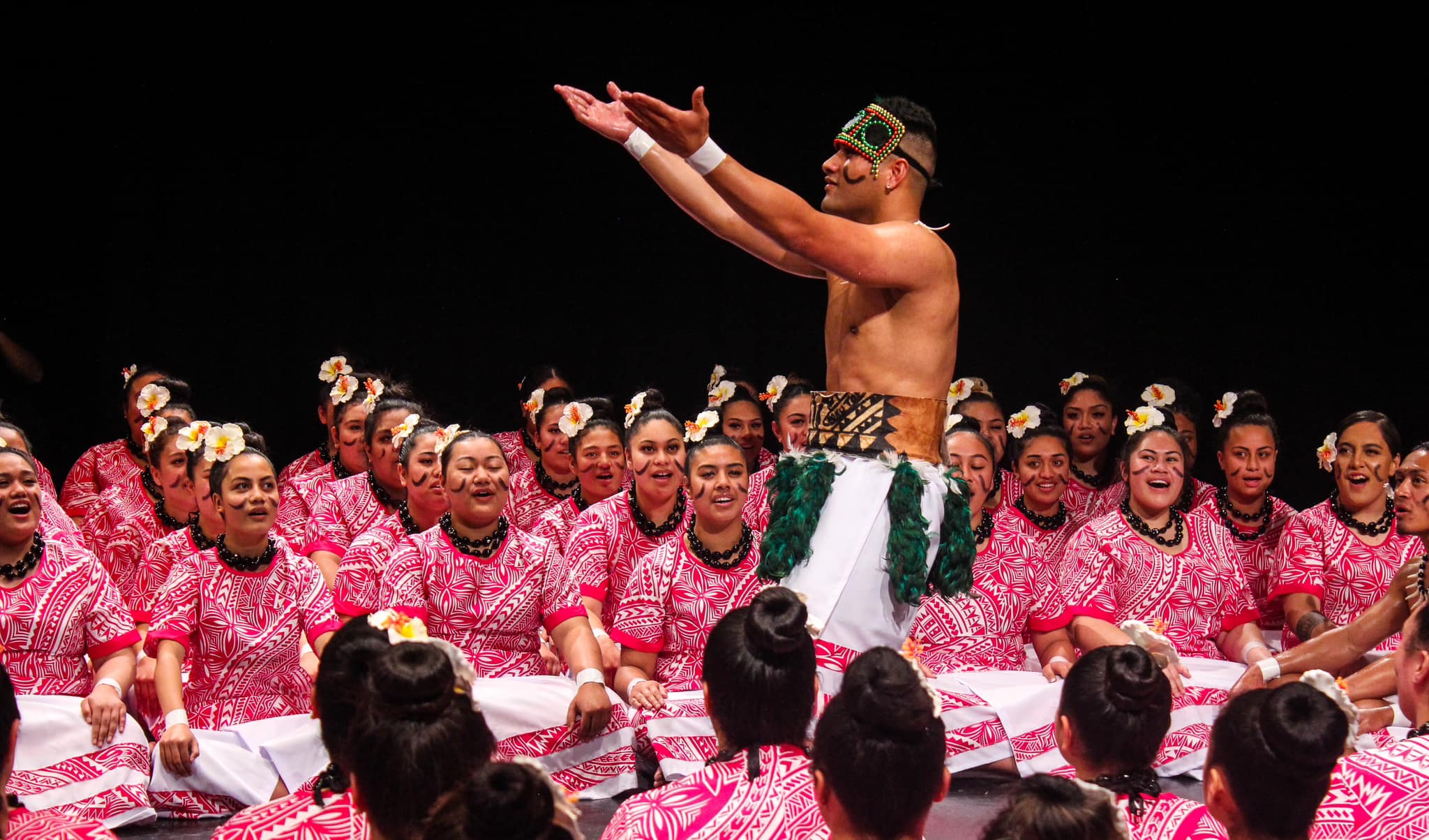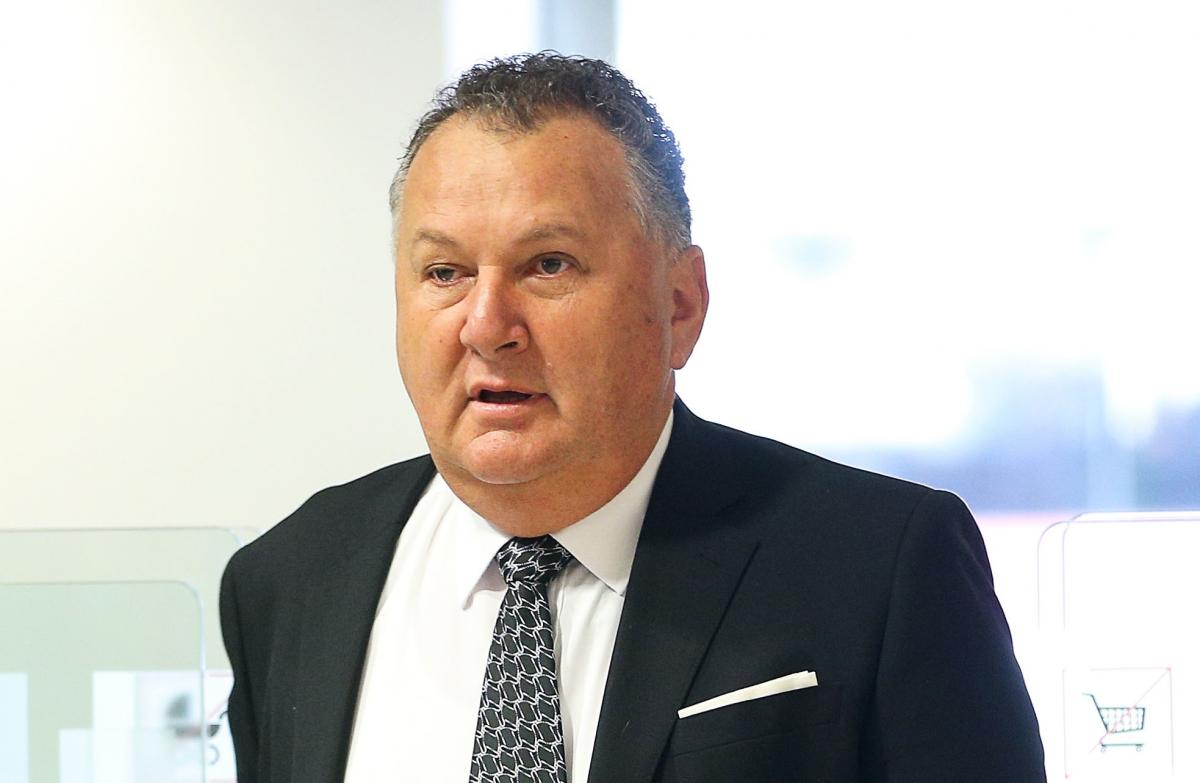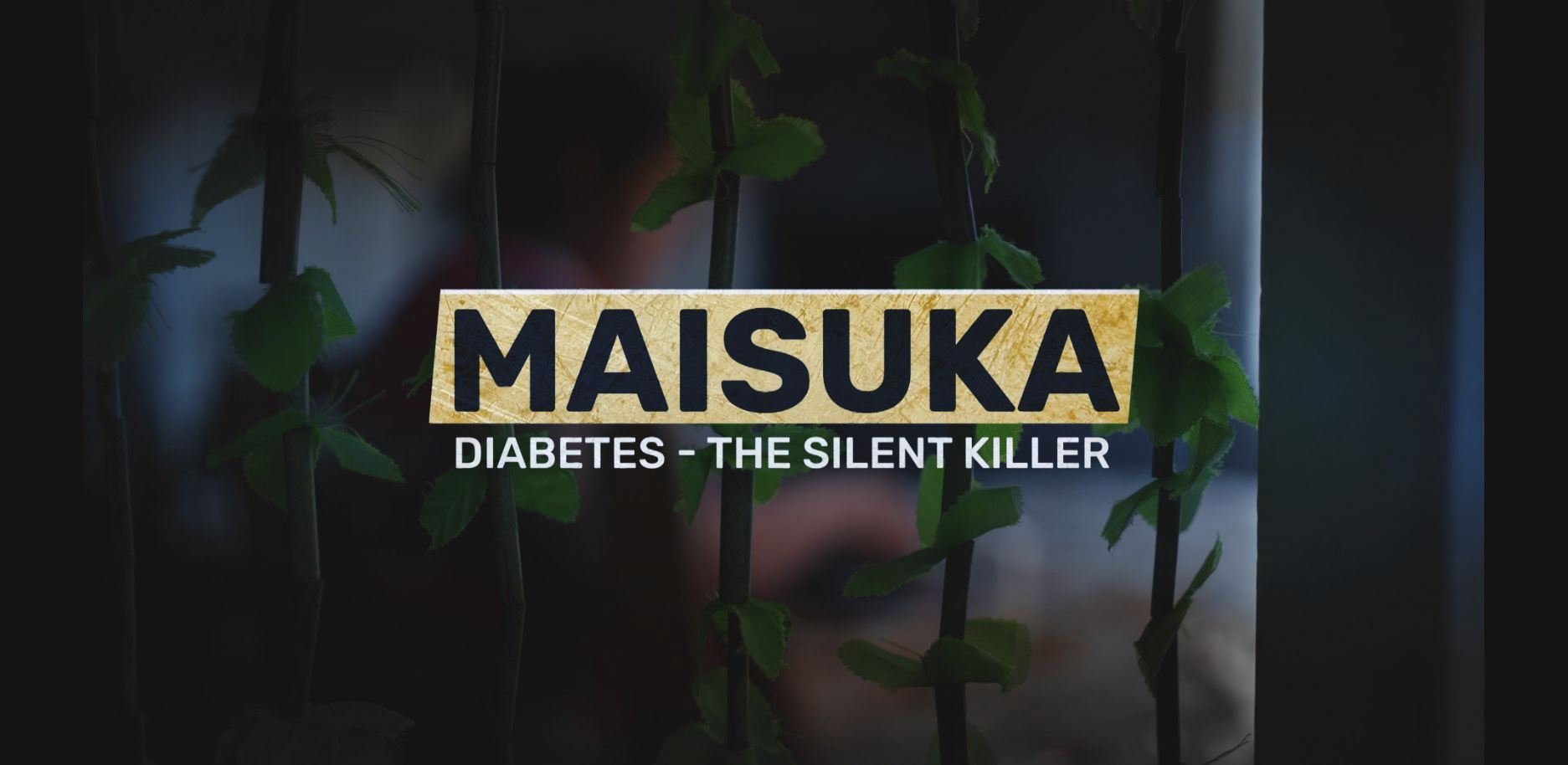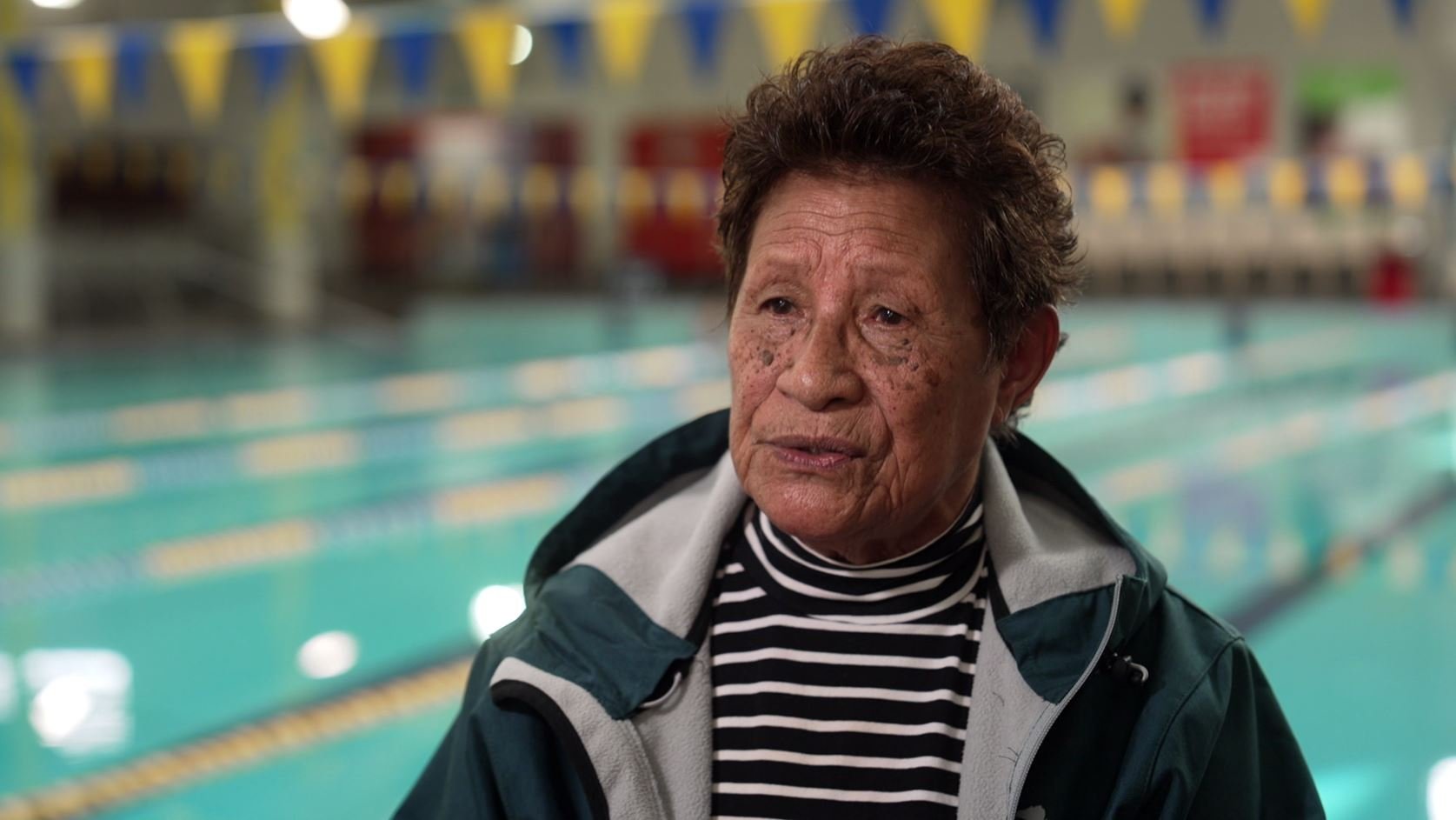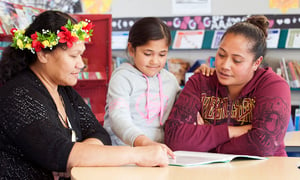New Zealand is one of the few developed countries where teaching our own history in schools is not compulsory. But all that’s set to change next year when a new New Zealand history curriculum will be introduced to all schools and kura.
But will it cover material to empower our Pasifika youth, and will teachers get up to speed in time? Simone Kaho spoke to three Pacific scholars from Auckland University for this story.
Historically, whether school students in New Zealand learn about their own country’s history has been left to the discretion of individual teachers. In other words, to chance.
That’s about to change. In September 2019 Jacinda Ardern announced teaching New Zealand history would become compulsory in 2022.
A draft NZ History curriculum was put online for review in February this year – 11 pages which map out what students will learn over 13 years of study. It centres the Crown’s interactions with tangata whenua, and also covers New Zealand’s role in the Pacific.
Toeolesulusulu Dr Damon Salesa, Pro Vice-Chancellor – Pacific of Auckland University, says “It’s actually a really important document for how our young people will learn about New Zealand’s past. And of course, for Pacific people, New Zealand’s past is part of their history as well, and our Pacific histories are part of New Zealand’s histories.”
Auckland University Masters student Holly Ainea counts herself lucky to have had teachers who taught Pacific history in high school. It gave her a deeper understanding, not only of Samoan history but of her family.
“Being able to learn about the Mau helped me in my understanding of what is Samoan identity. How we challenged and accepted all these changes that have come about, from the 1800s up until now,” she says.
“Learning about the dawn raids as well. I started to understand, so this is what happened to my auntie.”
“And these were conversations that I didn’t really have with my family until I talked about it coming home from high school.”
KDee Aimiti Ma’ia’i, Auckland University Pacific studies scholar and the first Pasifika woman to receive a Rhodes Scholarship, feels a sense of responsibility.
“I was a part of a family that wanted to talk about the Mau and the dawn raids, but I was blessed to be in that situation. And there are many Pacific people who aren’t,” she says.
“Those of us who are fortunate enough to know those things need to be creating a space for other Pacific people who, for entirely valid reasons, have had those histories stripped from them and their families.”
While the scholars agree that the draft curriculum is a positive step, they point out there is work needed on the scope of the document, and also enough investment in resources and support to help teachers come to grips with the new subject.
“I think the draft curriculum needs a lot of work to make sure that young Pacific people can see themselves in it,” says Damon. “There’s more to Pacific history than the Mau and the Dawn Raids. We need to make sure that our own histories, rather than just the histories in response to the bad things that the government has done, are there.”
“Particularly our relationships with Māori, our relationships with each other, and the ways in which we built lives here in New Zealand. And I think that’s really what’s missing at the moment.”
How reliably the curriculum reaches students, KDee points out, is still ultimately up to individual teachers. “Apart from telling teachers, ‘Now you have to teach this stuff’; it doesn’t automatically mean that the teachers are going to have the capacity, or the knowledge, or the skills to be able to do that.”
“Teachers are already time poor and capacity stretched looking after our young people day in day out; to then put the onus on them to create lesson plans, create resources, to teach these histories that are new, that takes time.”
For Holly, consulting with the Pacific community is key. “I think there needs to be more of a level of competency for teachers to be willing to sit down and talanoa about what this means to Pacific people,” she says.
“I’d love to have some sort of space that is open for our matua, our elders, because they are our knowledge holders. They are libraries of Pacific education and bodies of knowledge.”
The lack of resources which show New Zealand history from perspectives other than European is also a challenge. Damon, Holly and KDee are working on a Pacific history textbook for high schools which aims to capture Pacific history through the stories of Pacific people and families.
“We’ve got a wonderful section on the Mau that’s written by a student, a former student of Māngere College, who’s now just gone back to her school to teach,” says Damon. “These are the kinds of authentic, connected stories that put Pacific people at the centre, that we really need to put in front of our young people.”
Pasifika ways of understanding, Holly points out, are fundamentally different from colonial approaches.
“Sometimes when I hear historians talk about indigenous communities and how they’ve been displaced or how the oceans have been violated or polluted, there’s not really any kind of human connection with the land or the sea. But for Pasifika, our gafa and our genealogy is connected and embedded into our land and our moana.”
The Ministry of Education has put a survey online for people to give feedback on the draft New Zealand History curriculum.
“It’s absolutely critical that we weigh in,” says Damon, “and that we make sure that Pacific histories are integral, not just to what our children learn – although I think that’s the most important thing – but actually that all New Zealanders learn that Pacific people aren’t here in New Zealand by accident. That’s part of our shared gafa, or whakapapa.”
KDee agrees. “This is a really exciting moment of change, and this is bigger than history. Inevitably, it’s bigger than just history. It’s a chance for young Pacific people to know who they are.”
By Simone Kaho
